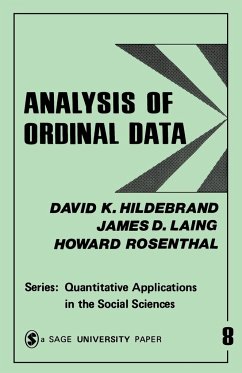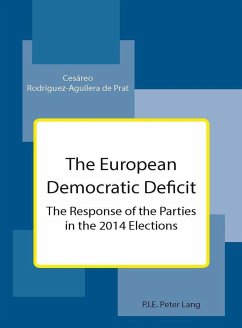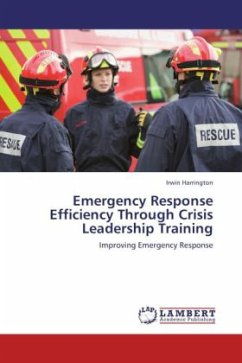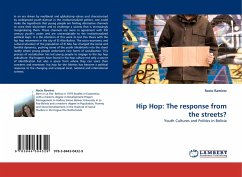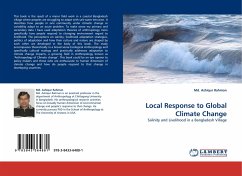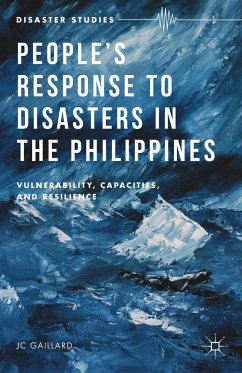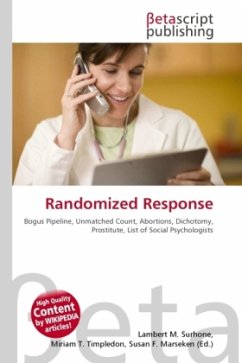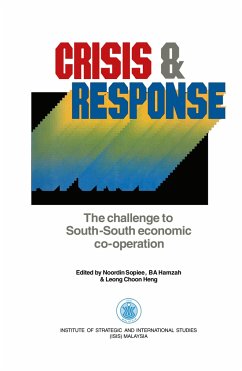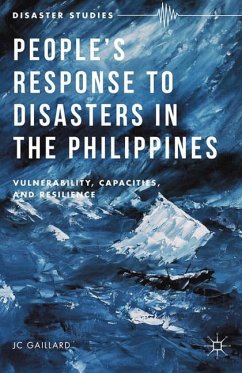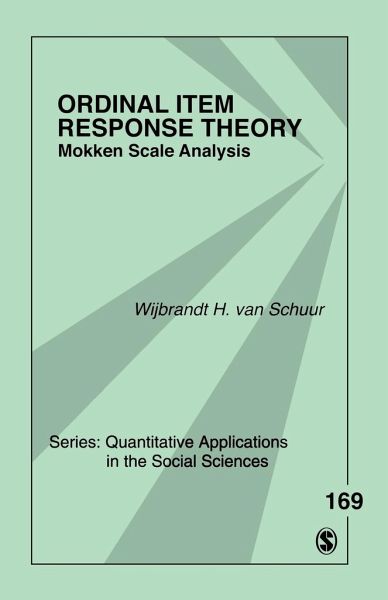
Ordinal Item Response Theory
Mokken Scale Analysis
Versandkostenfrei!
Versandfertig in 1-2 Wochen
43,99 €
inkl. MwSt.

PAYBACK Punkte
22 °P sammeln!
Ordinal Item Response Theory is volume 169 in the SAGE Series "Quantitative Applications in the Social Sciences" (QASS). Ordinal Item Response Theory is referred to throughout many other QASS titles and fills a gap between the more classical topics of undimensional scaling, test theory, principal component and factor analysis. In addition, this volume also discusses parametric item response theory and latent class analysis. This monograph is less technical than many books on the market and is ideal for introductory courses in social science measurement.
Measurement in the social sciences often refers to standardized answers to close-ended questions, in which answers are analyzed as if they were measurements on an interval scale. This volume presents a measurement model that maintains the ordinal aspects of the data in order to establish how well the model fits and how it measures subjects and items. It relaxes the most stringent assumptions from parametric item response theory, while maintaining its advantages over classical measurement methods, such as reliability and factor analysis. This volume is less technical than other books on the topic and is ideal for introductory courses in social science measurement.





